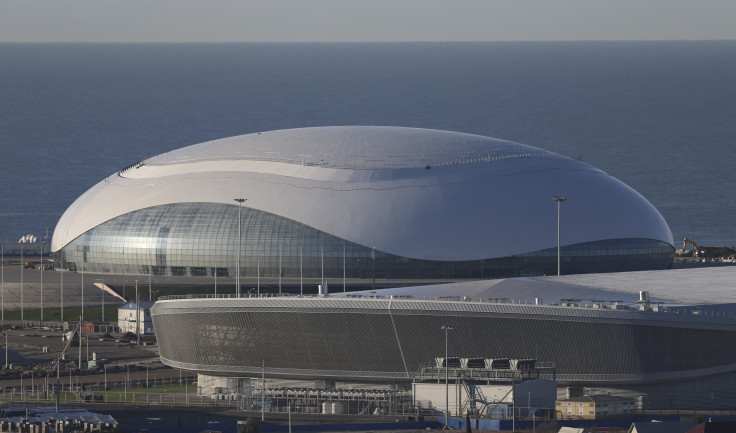Sochi 2014 Olympics: Russia To Keep Hotel Prices Low
Why Hotel Prices For Sochi Olympics Will Stay Low

Perhaps taking a clue from mistakes made in London, the Russian government issued a decree this week, which will regulate the maximum price for accommodation and services in Krasnodar Region hotels during the 2014 Sochi Winter Olympics.
The region is expected to have 47,000 hotel rooms accepting tourists during the games, with 27,000 of them purpose-built for the Olympics. According to a document obtained by Russia’s Interfax news agency, the daily fee for a standard room in a one- or two-star hotel will not exceed $95 for a single and $150 for a double. Those looking for a luxury suite, meanwhile, can expect to pay no more than $450.
“Of course, it’s only a temporary measure for the Olympics, but, nevertheless, it’s a case when the State takes responsibility for the prices contrary to the market vision,” Prime Minister Dmitry Medvedev was cited as saying by Interfax. “Our people are tricky or even quirky. So we must see to it that the tour operators and hotels won’t come up with any substitute fee, which won’t be directly related to the cost of living, but would still have to be paid so that they could compensate for their losses.”
Price distortion caused a series of issues for London this past summer. The problem began in earnest seven years ago when Olympic organizers block-booked 40,000 of London's 100,000 rooms for athletes, officials, sponsors and the media. Then, in January, organizers released 20 percent of the rooms back onto the market. Despite the glut of rooms, hoteliers had maintained extremely high prices and minimum stays until a month before the games, at which point they finally acknowledged that an anticipated visitor rush had failed to materialize. They dropped rates but were unable to fill to capacity.
Because London hotels doubled or even tripled their rates for the weeks of the Olympics in anticipation of overwhelming demand, the rates were so high that travel agents that would normally offer package tours to the city had trouble selling the trips. They criticized the hotels for putting off ordinary summer vacationers by pricing themselves out of the market, even as more than a third of the rooms remained unsold.
Russia, it seems, has learned from London’s mistake.
Sandwiched between the Black Sea and the Caucasus, the Krasnodar Region will welcome the world for the XXII Olympic Winter Games from Feb. 7-23, 2014, though accommodation prices will stay frozen from Jan. 1 to July 1, 2014.
The Kremlin doled out billions to develop the area around Sochi, the nation’s largest resort city, and real estate prices in the area are now said to be among the most expensive in the country. Venues for skiing, figure skating, hockey, curling and other events are rising in the hills above town, as are numerous hotels and even a $6.2 billion Russia-shaped artificial archipelago.
Sochi’s current visitors are almost exclusively domestic, but with the world converging on the “Black Sea Pearl” in the coming year, it stands to become a four-seasons resort area of international acclaim. In the process, Russia hopes to boost its image abroad and prove to the world that it’s capable of hosting major international events.
© Copyright IBTimes 2024. All rights reserved.












